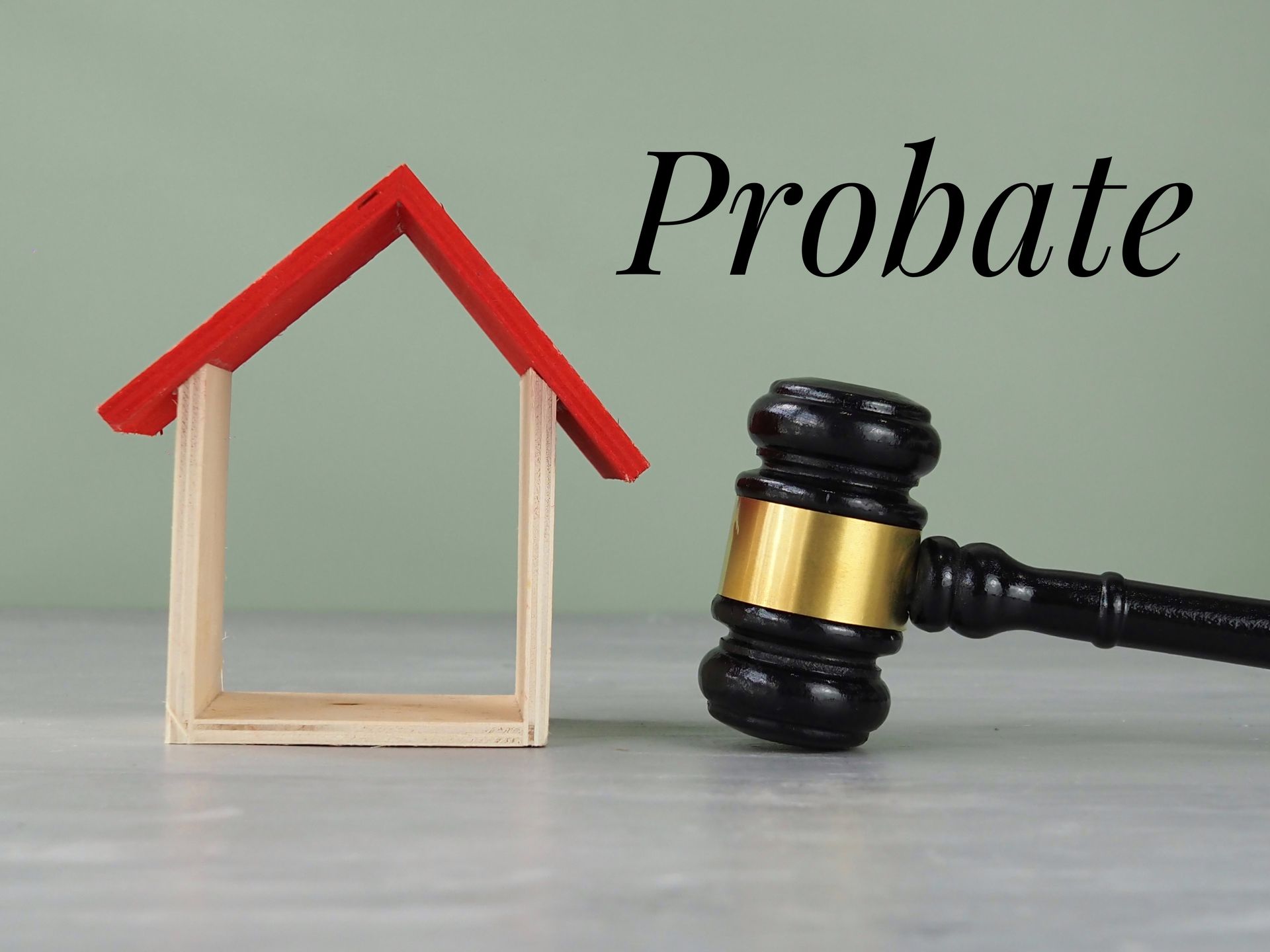Is Estate Planning Tax-Deductible: Understanding the Nuances and Benefits
Estate planning plays a role in safeguarding your assets and ensuring they are distributed as per your wishes after you're no longer around. However, the expenses involved in estate planning services can accumulate, prompting people to question if these costs are eligible for tax deductions. This guide will delve into the complexities of estate planning fees when they might be tax deductible. You can make informed choices regarding your estate planning requirements by grasping the regulations and advantages.
Understanding Estate Planning Fees Fundamentals
Prior to exploring the tax consequences, it's crucial to grasp the scope of estate planning fees. Estate planning encompasses a variety of services designed to create documents and strategies for managing your assets while alive. Distributing them posthumously. Some typical estate planning services include:
- Drafting wills and trusts: Drafting binding documents that specify how your assets should be distributed.
- Establishing Trusts: Creating trusts to safeguard assets, provide for beneficiaries, and reduce estate taxes.
- Creating Powers of Attorney: Designating individuals to handle healthcare decisions on your behalf if you're unable to do
- Preparing Advance Directives: Outlining your preferences for end-of-life care through documents, like living wills and healthcare proxies.
The charges for these services may vary depending on how intricate your estate's services are and the level of expertise of the estate planning attorney or advisor.
Tax Deductibility of Estate Planning Fees
When it comes to deducting expenses associated with estate planning, the Internal Revenue Service (IRS) has laid out rules and restrictions that must be considered. Let us delve deeper into when estate planning fees could be eligible for tax deductions:
1. Tax Deductibility for Income Tax Purposes: In general, estate planning fees are not eligible for deduction when it comes to income taxes. This implies that you cannot subtract the fees paid for creating wills, trusts, or other estate planning documents from your income tax filing.
Exception: Costs Associated with Generating or Receiving Income: An exception exists to the rule when estate planning fees are related to generating or receiving income. For instance, if you establish a trust that produces income, the expenses incurred in setting up and overseeing the trust might qualify as deductible.
2. Deductibility of Trust Administration Fees: If you are a trust beneficiary, what are any costs associated with administering the trust? Such as trustee fees or accounting expenses. It could be deducted from your income tax return.
3. Tax Deductibility for Estate Tax Purposes: Although estate planning fees are typically not eligible for tax deductions for income taxes, they might be deductible for estate tax purposes. This implies that the fees paid for estate planning services could lessen the value of your estate, potentially decreasing the estate taxes that your heirs have to pay.
Claiming the Deduction: Important Points to Consider
When considering claiming deductions for estate planning fees, there are factors individuals need to bear in mind. Understanding these aspects can assist you in navigating the process and ensuring you make the most of any tax advantages linked to your estate planning costs.
1. Listing Deductions
When claiming a deduction for estate planning fees, the initial step is to itemize your deductions on Schedule A of your income tax return. By opting for the deduction, you will detail all qualifying expenses, including any deductible estate planning fees.
Opting to itemize deductions can be advantageous if your total deductible expenses surpass the deduction amount to your filing status. You can claim a deduction through itemizing, potentially reducing your income and decreasing your overall tax obligation.
2. Qualifying Fees
It's important to note that not all estate planning fees are eligible for tax deductions.
The costs must be linked to income generation to qualify for a deduction. This indicates that expenses for services directly associated with earning income from your estate assets could be eligible.
For instance, if you establish a trust that produces property income, the expenses paid for setting up and managing the trust might be deductible. Similarly, expenses for advice concerning investment strategies, business interests, or other income-generating assets could also meet the criteria.
Conversely, costs for drafting wills, establishing powers of attorney, or creating trusts without an income-generating intent are typically not deductible. It's essential to define the purpose of each estate planning expense and assess its qualification for deduction accordingly.
3. Partial Allocation
In scenarios, estate planning fees may involve both nondeductible elements. For example, a portion of the fees pertains to generating income, while another serves income-producing purposes. In that case, there may be an opportunity to allocate expenses accordingly.
To request a deduction, meticulous documentation and allocation of fees based on their purposes will be necessary.
It is crucial to understand the services provided and how they directly impact income generation or other qualifying factors.
4. Professional Advice and Documentation
It's best to seek guidance from a tax estate planning attorney when figuring out deductible estate planning fees due to the complexities involved. These experts can assess your situation, identify expenses, and ensure you follow IRS regulations.
To claim deductions for estate planning fees, it's important to maintain documentation. Keep records of all fees paid, invoices, receipts, and any correspondence related to the services received. This documentation acts as proof in case of an IRS audit. Validate the legitimacy of your deductions.
5. State Tax Considerations
Apart from tax implications, it's essential to consider state tax laws concerning estate planning deductions. State regulations. Certain states may offer deductions for estate planning expenses that differ from guidelines.
Consulting with a tax advisor who is well-versed in your state's tax laws is advisable to understand state-specific deductions or restrictions. This ensures that you maximize deductions while complying with state tax regulations.
Maximizing Tax Advantages Through Estate Planning
Even though there are limits to the tax deductions for estate planning fees, there are ways to optimize tax benefits within estate planning.
1. Charitable Contributions: Supporting causes through trusts or bequests can offer estate tax advantages while contributing to causes close to your heart.
2. Lifetime Giving: Transferring assets to family members during your lifetime can decrease the size of your estate, potentially decreasing estate taxes for your beneficiaries.
3. Irrevocable Life Insurance Trusts (ILITs): Creating an ILIT can exclude life insurance proceeds from your estate, presenting a tax-efficient method to pass on wealth.
4. Family Limited Partnerships (FLPs): FLPs enable the transfer of assets to family members while maintaining control, thereby reducing the taxable value of your estate.
Understanding the Tax Ramifications of Estate Planning
In short, the deductibility of estate planning fees for taxes is contingent upon the purpose of the fees and your specific estate circumstances. Although fees for drafting wills, trusts, and powers of attorney typically aren't deductible for income tax purposes, there may be exceptions for costs linked to generating or collecting income.
Regarding estate taxes, estate planning fees could be deductible, potentially diminishing the worth of your estate and lessening inheritance taxes for your beneficiaries.
However, it's essential to consider the fees involved and consult with tax experts or estate planning lawyers to ensure compliance with IRS rules.
At Doane & Doane, we recognize the intricacies of estate planning and the significance of optimizing tax advantages for our clients. Our team of skilled estate planning lawyers is devoted to offering personalized advice and customized solutions to address your estate planning requirements. Get in touch with us today to arrange a meeting and start the process of securing your legacy while managing the tax consequences of estate planning.
Reach out to Doane & Doane for Estate Planning Assistance.
For expert guidance and tailor-made estate planning solutions, contact Doane & Doane now. Our team of seasoned estate planning lawyers is dedicated to helping individuals navigate the complexities of estate planning while making the most of tax benefits and safeguarding wealth for generations.
Book an appointment today and feel reassured that professionals are handling your estate.
Disclaimer: The information on this website and blog is for general informational purposes only and is not professional advice. We make no guarantees of accuracy or completeness. We disclaim all liability for errors, omissions, or reliance on this content. Always consult a qualified professional for specific guidance.
RECENT POSTS






